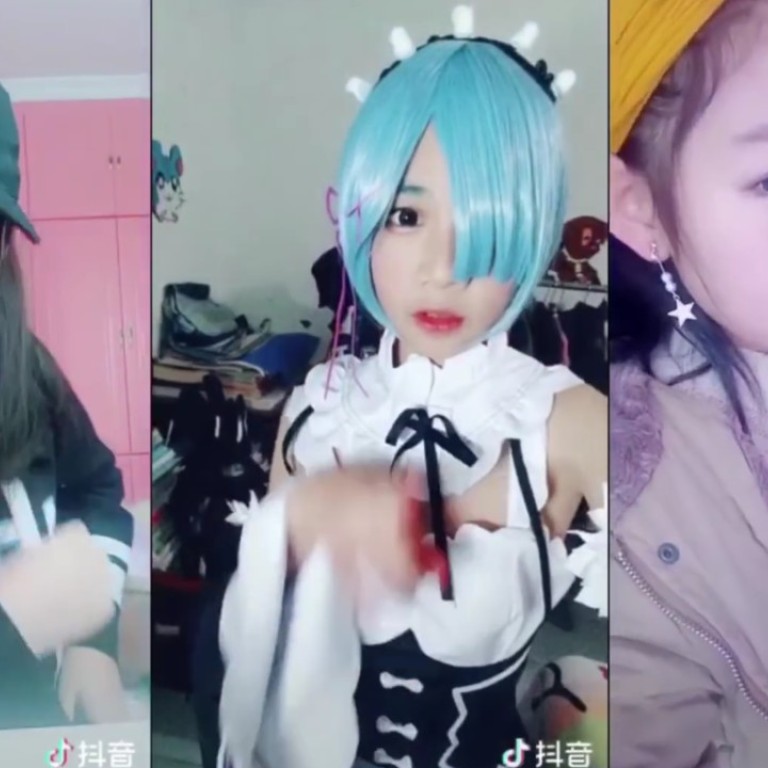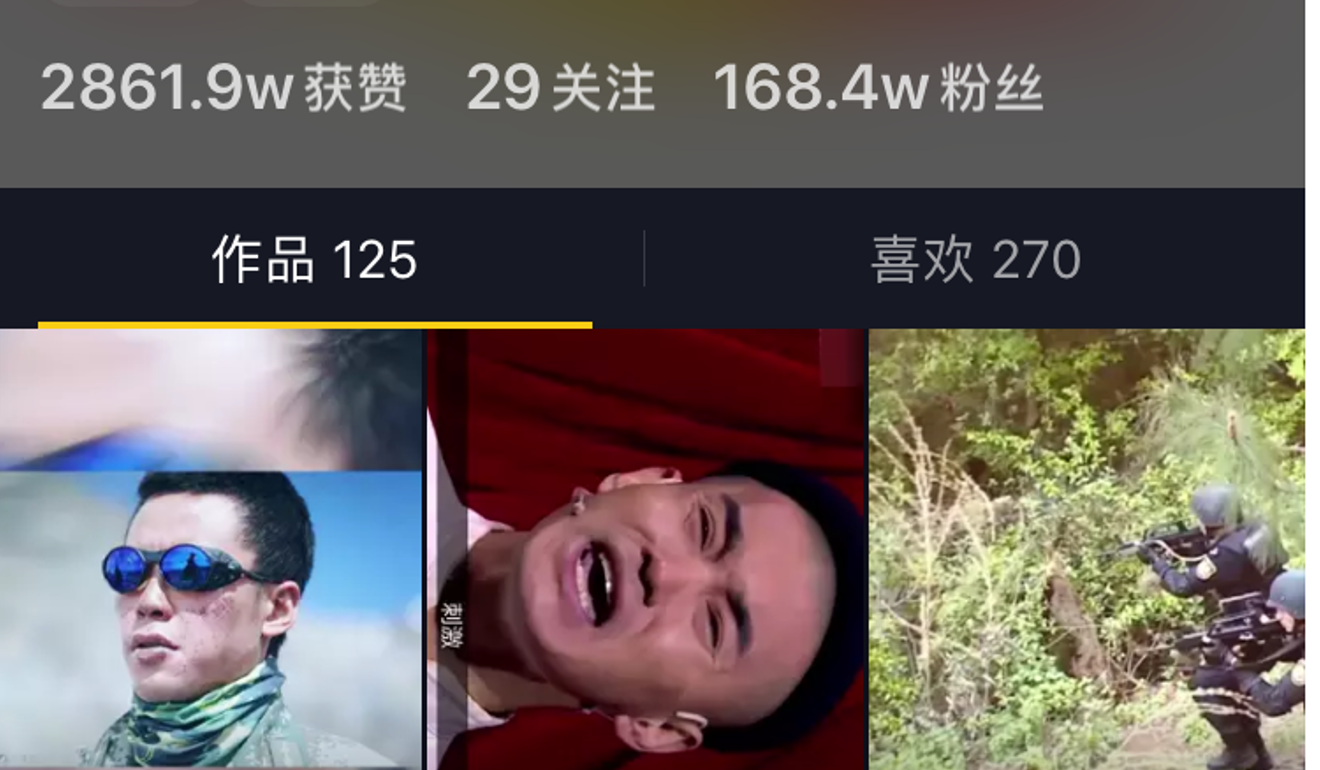
Government agencies jump on short-video bandwagon to ensure Chinese youth still hears “official voice”
Latest content technologies pose new challenges to China’s Communist Party
In 2018, it is no longer enough for Chinese government agencies to write fun short messages or post emojis on social media to grab the attention of the country’s more than 700 million internet users.
To ensure their messages are heard by China’s mobile internet-obsessed people, especially those fun-loving millennials, they have had to learn some new tricks, such as adding catchy music and special effects to short videos.
That is why a growing number of Chinese government agencies are turning to the country’s viral video app Douyin, known as Tik Tok outside China, to create entertaining short-form music videos that can better connect with China’s younger generation as authorities step up their efforts to ensure that “core socialist values” are still communicated. For Douyin's parent Beijing ByteDance Technology, hosting government agencies can also be seen as a way of promoting these official messages after it recently fell foul of the authorities for posting other kinds of “vulgar” content.
More than 500 government agencies, Communist Party organisations and official media have set up accounts to post videos on Douyin, which has 150 million daily active users in China. According to data from Douyin, the government videos have been viewed more than 1.6 billion times as of June.
The emergence of cutting-edge new content technologies in China poses new challenges for the ruling Communist Party, which under President Xi Jinping has pushed hard to ensure the public receives more messages from official propaganda outlets.
One of the first Party organisations hosted by Douyin was the Central Committee of the Communist Youth League, which has posted 125 short videos on various topics, from the tough training faced by Chinese soldiers to the launch of several home-made rockets. The account has more than 1.68 million followers on Douyin.

“Videos posted by government agencies on our platform cover a wide range of topics with enriched content,” Zhi Ying, marketing manager of Douyin, was quoted as saying to the online news portal of China’s official Xinhua news agency on Thursday.
The trend indicates the Chinese government’s determination to stay with the times and get its message across. Short-form social videos have become wildly popular in China and around 350 million Chinese viewers – more than the entire US population – are expected to hook on to short-form, social videos by the end of 2018, according to iiMedia report. Tech-savvy young Chinese are the core users of the new social format with 40 per cent of Douyin’s users aged between 24 and 30 years old.
This week, the Chinese Communist Party’s mouthpiece People’s Daily, said it had signed an agreement with Baidu for the latter to help it develop new content technologies, such as news algorithms that can push the “right news content” to the newspaper’s core readers.
The short video industry has also been the subject of heightened government scrutiny recently for hosting content on their platforms deemed as “vulgar”. Some industry players, such as Tencent Holdings and Weibo, have stepped up efforts to police content hosted on their platforms and there has been rising demand for greater privacy controls to protect minors.
This week Tik Tok said it would improve its privacy settings by adding account deletion, private messaging and parental control functions by next month. The privacy upgrade came a month after concerns were raised about underage children exposing their identities on the platform.
Tik Tok’s parent, Beijing ByteDance Technology, fell foul of regulators earlier this year for content focused on social ills, celebrity gossip and off-colour jokes, hosted on its news aggregator platform Jinri Toutiao.

